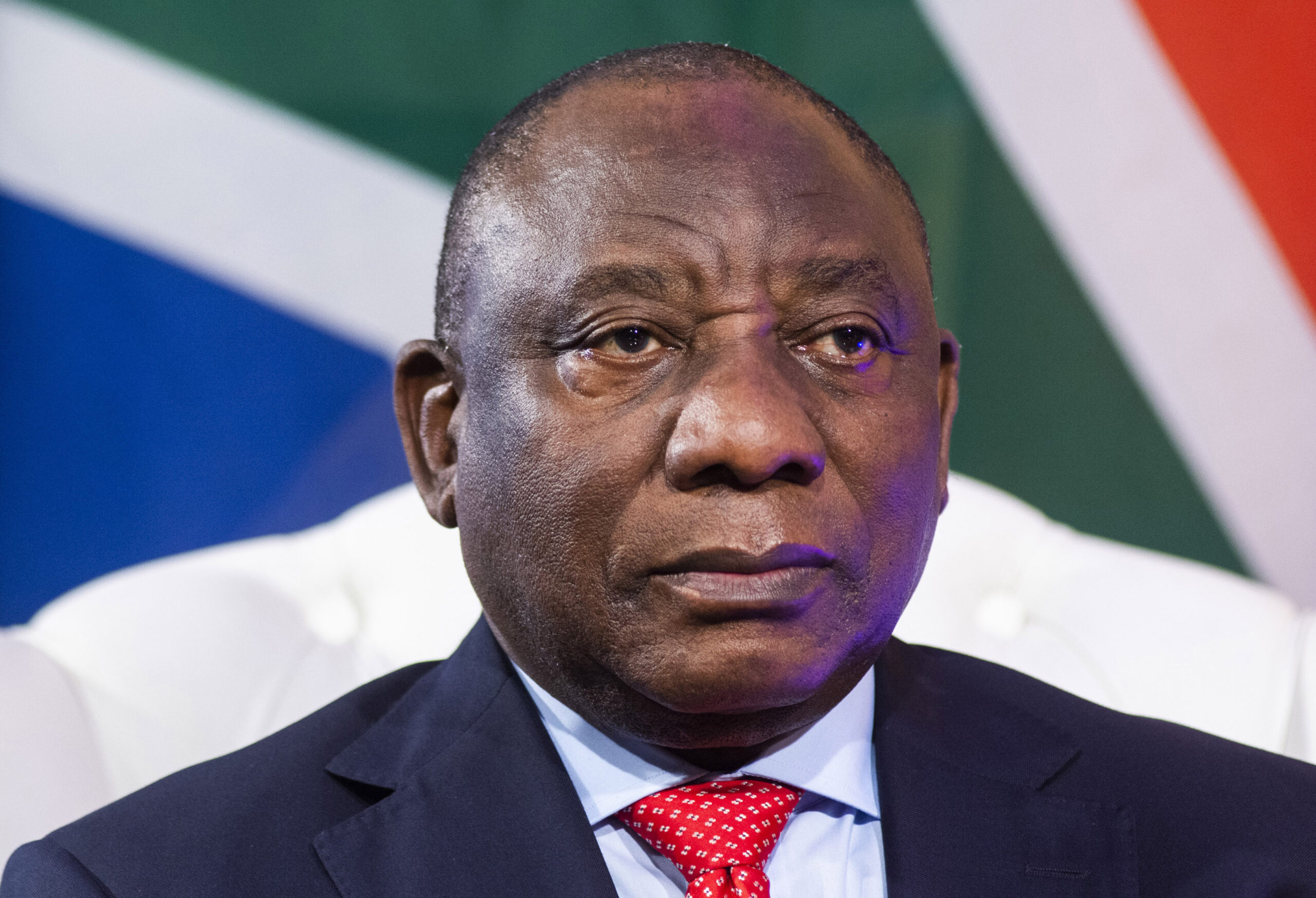
MTBPS) on October 26, 2022 amid challenging global economic conditions.
In its World Economic Outlook report released last week, the International Monetary Fund expected 34% of the global economy to contract this year or 2023, up from just under 5% at the beginning of the year, said Isaah Mhlanga, chief economist. at AlexForbes.
Russia’s war against Ukraine has increased global inflation, especially in food and energy. Mhlanga said the eurozone economy is in recession due to the energy crisis after gas supplies from Russia were cut.
The UK inflation, interest rate, growth and fiscal outlook has deteriorated following the announcement of unfinished fiscal stimulus, now partially reversed. Meanwhile, rising US interest rates will slow US and global growth to near recession levels in 2023, the economist said.
The global cost of living crisis and mounting debt in some emerging markets are posing challenges for policymakers.
Mhlanga says that in this global context, Finance Minister Enoch Godongwana faces tough choices in his MTBPS.
Most importantly is a solution to reduce Eskom’s debt to 392 billion rand to improve its balance sheet so that it can finance itself on the open market. Debt relief is widely expected in the region of Rs 200 billion.
“There is no easy solution because the composition of money and fluctuations in exchange rates affect what can and cannot be done. Furthermore, debt terms offered by Development Finance Institutions (DFIs) and Export Credit Agencies can be difficult and time consuming to negotiate for a debt transfer solution.
“Markets, investors and rating agencies expect a solution to properly assess South Africa’s fiscal position and therefore its credit rating.”
Details on the structure, amount, and terms of the $8.5 billion grant-only grant are also expected, AlexForbes said. What will be important will be the amount disbursed, the conditions attached and whether it increases the level of government debt.
The financial services group said the second major policy decision that will impact the country’s fiscal situation concerns the Disability Benefit Grant (SRD).
With the cost of living crisis plus the impact of Covid-19, there is pressure to convert the SRD allowance into a perpetual Basic Income (BIG) allowance.
“We expect the SRD to be extended for one year until March 2024, but then will not be funded. This suggests that this is a temporary measure and that future expansion will depend solely on the availability of capital from tax revenue and economic growth,” said Mhlanga.
In addition to Eskom and the BIG, the government’s wage bill and funding for other public enterprises will be factors in determining financial position and credit rating. Beyond the immediate year ahead, fiscal policy must frame the government’s strategy to address longstanding policies that will encourage investment, economic growth, job creation, and poverty reduction. In this regard, we expect very little change in the MTBPS as everything is included in the economic and recovery plan, from there we await an update on the progress. achieved since the February 2022 budget.
The actual budget deficit and debt ratio are likely to show marginal improvement in the current and next fiscal year, but the medium term presents risks of dislocation substantial cake. “We expect the fiscal deficit to be just under 5% of GDP and the debt ratio to improve to 70% of GDP, peaking at around 73% of GDP but remaining above 70% of GDP over the medium term,” he said.
Rating agencies are expected to keep their sovereign ratings unchanged, said Sanisha Packirisamy, an economist with Momentum Macro Research. “Short-term financial performance has improved since the rating agencies last commented on South Africa’s sovereign rating.
“In our view, the rating agencies will assess the reliability of the medium-term budget for applying fiscal discipline to the spending aspect based on relatively conservative estimates of the Treasury Department. silver in terms of revenue.
“Weak growth trends, extended duration of key reforms and structural fiscal risks suggest that a rating upgrade is not imminent and downside risks will prevail in the medium term.” and long term.”
